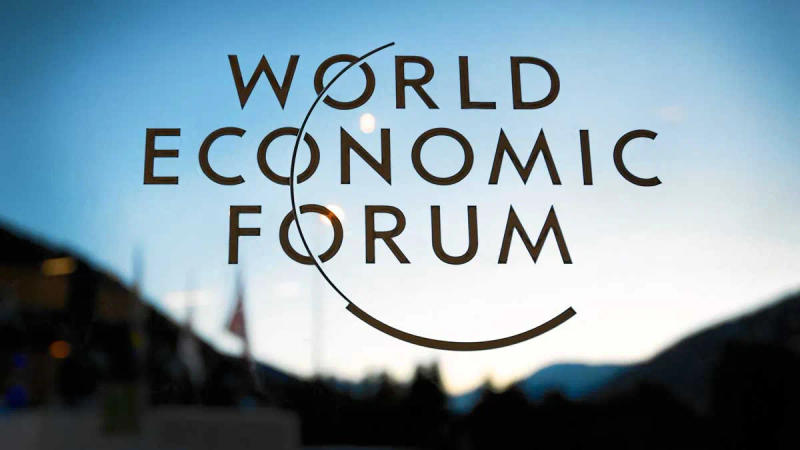Published 16:47 IST, January 15th 2025
WEF Global Risks Report 2025: Armed Conflict Tops List, Misinformation Leads Immediate Threats
Over a 10-year horizon, environmental risks dominate, with threats like extreme weather, biodiversity loss, and ecosystem collapse taking precedence.

The World Economic Forum (WEF) has identified state-based armed conflict as the most critical global risk for 2025, highlighting escalating geopolitical tensions and increasing global fragmentation. The findings are part of the WEF’s latest Global Risks Report, released on Wednesday.
Key concerns across timelines
In the short term, misinformation and disinformation have emerged as the most pressing challenges, with their impact extending across societies by eroding trust and amplifying divisions. Over a 10-year horizon, environmental risks dominate, with threats like extreme weather, biodiversity loss, and ecosystem collapse taking precedence.
The report highlights a shift in global politics, where the decline of the Western-led order is expected to give way to a multipolar world. Emerging power centers such as China, India, and Gulf states are predicted to play a pivotal role in shaping global rules and norms over the next decade.
Drawing on input from over 900 leaders across business, government, and civil society, the report shows a fractured geopolitical landscape. Over half of the respondents foresee notable instability within the next two years, fueled by rising societal, environmental, and technological challenges. Meanwhile, two-thirds anticipate a turbulent global order by 2035.
Short-term risks are dominated by extreme weather events, societal polarisation, and cyber threats like espionage and warfare. Environmental concerns also rank high in the immediate outlook, particularly pollution, which poses health and ecosystem threats globally. Economic vulnerabilities, including inequality and debt burdens, further compound the risks.
Long-term concerns, on the other hand, are heavily influenced by climate change and the adverse effects of advanced technologies, such as the misuse of AI. Mechanisms for international cooperation are anticipated to face mounting strain, potentially complicating global efforts to address these challenges effectively.
Call for collaboration
WEF Managing Director Mirek Dusek stressed the urgent need for global cooperation, stating, “Rising geopolitical tensions, fractured trust, and climate crises are testing the resilience of our global system. Leaders must prioritise collaboration or risk cascading instability.
The report also paints a picture of the decade ahead, with societal risks like polarisation and inequality featuring prominently. Geopolitical divides, illicit economic activities, and concentrated control over strategic resources add further layers of complexity.
While the Western-led global framework may wane, its influence will remain notable, even as emerging powers like India and the Gulf states rise to prominence. The need for cohesive global action to address interconnected challenges has never been more pressing, the WEF concluded.
(With PTI Inputs)
Updated 16:47 IST, January 15th 2025